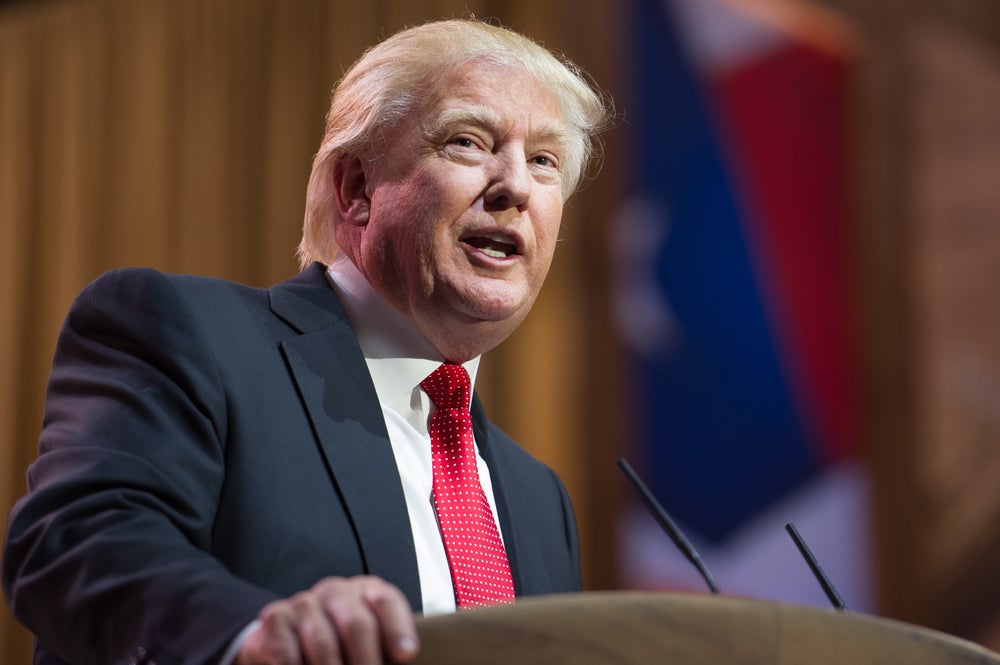Trump is said to have shared his commitment to intensifying tariffs on Chinese goods in an interview with Fox News and is quoted as saying: "We have to do it."
However, AAFA president Steve Lamar has suggested this tax would fall hardest on lower income US families and likened the proposed tariffs to imposing a 60% sales tax on every American closet.
He emphasised the disproportionate impact such measures would have on poorer consumers, stating: “Five years ago, President Trump was unsuccessful in getting Beijing to change its behaviour by making it more expensive for Americans to get dressed every morning, and we don’t see that changing in a second Trump Administration."
Throughout his tenure, Trump consistently escalated his trade threats to China with the support of NCTO president and CEO, Kim Glas who said at the time: “It’s long past time we address China’s unfair trade practices, particularly relating to intellectual property abuses.”
BBC news has reported that during his presidency Trump imposed tariffs on hundreds of billions of dollars worth of Chinese goods.
The policy, which began in 2018, encompassed levies on various goods ranging from seafood to chemicals to which, Beijing retaliated with tariffs on US imports such as soybeans, wheat, and poultry, according to the news publication.
At the time the AAFA described the tariff threat as “reckless escalation” in which Congress “must step in and exert its authority on trade policy.”
Trump's recent comments which come amid a backdrop of his personal ongoing legal battles, are said to signal a departure from his previous proposals, which centred around implementing a universal 10% tariff on all imports into the US.
Despite criticisms of the tariffs making the country less competitive, the current Biden administration has largely maintained them.
BBC News reported US Treasury Secretary Janet Yellen cautioned against Trump's tariff hike plan last month, warning of increased costs for US businesses and consumers.
China remains the world's largest apparel exporter, however diversification away from China is an ongoing trend and the US Department of Homeland Security (DHS) remains under pressure to toughen up the Uyghur Forced Labour Prevention Act (UFLPA) to prevent companies profiting from Uyghur forced labour.









